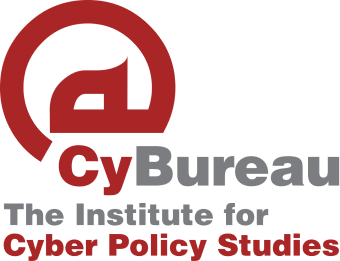The slowest internet
Recent study shows Lebanon lags behind in internet speed, progress, prompting initiatives geared toward improving internet connectivity, reducing costs.
A recent study has revealed that Lebanon has one of the slowest internet connections in the world, and its citizens are extremely dissatisfied.
A wave of dissent has spread throughout Lebanon in response to the spotty internet connectivity, with citizens putting pressure on the government to improve internet services. Their efforts appear to have finally borne fruit, with Lebanon’s communication minister announcing this month that the country’s cellular network will be upgraded by the end of this year.
Lebanese internet users have created a protest website called Ontornet (‘Ontor’ in Lebanese Arabic means ‘wait’), with a blog, and Facebook, Twitter and YouTube accounts. Multiple Lebanese internet users have posted firsthand stories on Ontornet’s Facebook page about how difficult it is to connect to the internet, with many of them using cynicism and humor to cope with the difficult reality.
An additional initiative is Fast Lebanon, whose founders are pushing for faster internet at 10-100 Mbps, provided at a reasonable price for a variety of electronic devices, with internet services for the entire country.
‘Flip the Switch’, a third internet-activists’ group, organized a Facebook strike in April.
Representatives of all three initiatives have been working with Lebanon’s minister of communication, government representatives and different companies with the goal of improving the country’s internet infrastructure and reducing costs. The representatives have cited the UN resolution claiming that internet access is a basic human right.
The study published in March that prompted many of the internet campaigns in Lebanon showed that the country with the fastest internet downloading speed is South Korea (with 24.22 Mbps compared to the average speed of 3.08 Mbps) while Lebanon lagged behind in last place with a mere 0.13 Mbps.
Lebanon also proved to be technologically wanting for uploading speed, with Lebanon ranking 167 out of the 170 countries in the study.
Despite these low-speed statistics, the Lebanese are among the most frequent internet-users in the world. In fact, Lebanon is one of the most developed countries in the Middle East, with relatively few government restrictions on internet-use.
There are several factors that have caused Lebanon to suffer from such poor internet connectivity, provided at a disproportionately high price. There is a monopoly on the country’s bandwidth, which has led to unreasonably high consumer prices for internet use. There has also been a restriction of the optic fiber meant to increase internet speed times 200, the government has not been transparent in it legislation on the internet and the legislation that exists is outdated.
All of this has placed Lebanon last in the region for all internet-related advancement. Its penetration rates stand at 24-percent alone (the rate in Iran is twice that and in the United Arab Emirates it is three times that).
The increase in number of Lebanese users is the lowest in the region, standing at a mere 233-percent compared to a 1,825.3-percent increase in the Middle East.
Based on these figures it is not wonder that many Lebanese have begun protesting internet conditions and rates.
Lebanon’s communication minister has responded to the public outcry about poor internet conditions, saying “Lebanon has recently been working to improve the volume of internet traffic by distributing an optic fiber network, using third generation cellular networks and more.”
The minister has committed to improving Lebanon’s cellular network in the second half of 2011, “despite the challenges” before him.
This post is also available in:
עברית
Italiano
Română
Español
